Contrary to what the perception is, India is no longer pushing the climate change concerns under the carpet. In case you haven’t already noticed, India has quietly but surely accelerated its journey on the road to sustainability.
Move #1: In her maiden budget, Finance Minister Nirmala Sitharaman announced that to make electric vehicles affordable to consumers, the government will provide additional income tax deduction of Rs 1.5 lakh on the interest paid on loans taken to purchase electric vehicles. This amounts to a benefit of around Rs 2.5 lakh over the loan period to the taxpayers who take such loans. To further incentivize e-mobility, the Budget said customs duty was being exempted on certain parts of electric vehicles.
An even greater emphasis was laid on providing affordable and environment friendly public transportation options for the common man. Phase II of the Faster Adoption and Manufacturing of (Hybrid &) Electric Vehicles (FAME) Scheme has an outlay of Rs 10,000 crore for a period of 3 years and has already commenced from 1 April 2019. Under the scheme, advanced battery and registered e-vehicles will be incentivized.
The Minister hoped that the inclusion of solar storage batteries and charging infrastructure in the FAME scheme would give a boost to manufacturing, which is needed for India to leapfrog and become a global hub for manufacturing of these vehicles.
The Impact: The announcement led to obvious cheers across the electric vehicles industry. Tech Mahindra, in partnership with Mahindra Logistics, announced introduction of EVs for employee transportation. The latter aims to take the tally of electric vehicles in its employee transportation fleet to 300, over the fiscal year 2020. (See: Tech Mahindra Partners with Mahindra Logistics to Introduce Electric Vehicles for Employee Transportation)
More recently, the Department of Heavy Industry has approved the sanction of 5,595 electric buses to 64 Cities, State Government Entities, and State Transport Undertakings (STUs) for intra-city and intercity operation under FAME India scheme phase II in order to give a further push to clean mobility in public transportation. (See: Soon, 5,595 new electric buses for 64 cities)
 Move #2: The most significant manifestation of this drive is reflected in the recent decision of slashing of goods and services tax (GST) rates for electric vehicles and related services to 5%. While GST rate on all electric vehicles was reduced from 12% to 5%, the rate on charger or charging stations for electric vehicles be reduced from 18% to 5%. Also, hiring of electric buses of carrying capacity of more than 12 passengers by local authorities was exempted from GST.
Move #2: The most significant manifestation of this drive is reflected in the recent decision of slashing of goods and services tax (GST) rates for electric vehicles and related services to 5%. While GST rate on all electric vehicles was reduced from 12% to 5%, the rate on charger or charging stations for electric vehicles be reduced from 18% to 5%. Also, hiring of electric buses of carrying capacity of more than 12 passengers by local authorities was exempted from GST.
Even more significant was the speed with which it was implemented. Within five days after the high-powered GST Council chaired by Union Finance & Corporate Affairs Minister Nirmala Sitharaman took the decision on 27 July 2019, it was implemented. The new rates thus came into effect from 1 August itself.
The Impact: The impact has been even more positive. Some stakeholders who had been waiting for such incentives to arrive, were quick to respond with their plans. Tata Power and Tata Motors announced their partnership to install 300 fast charging stations by the end of the FY2020, across key five cities namely Mumbai, Delhi, Pune, Bangalore and Hyderabad. (See: Tata to set up 300 EV charging stations in 5 cities)
Earlier, Tata Motors said it supplied 40 electric buses to the Jammu & Kashmir State Road Transport Corporation. Some of these buses are plying on the difficult terrains of the Jammu to Katra (Vaishno Devi) route and some buses will also ply in the valleys of Srinagar. (See: Tata Motors delivers 40 electric buses to J&K)
Interestingly, these electric buses have been manufactured at Tata Motors Dharwad plant, and will have a traveling range of up to 150 kilometers on a single charge. Adapted to local conditions, its Li-ion batteries have been placed on the rooftop to prevent breakdown due to waterlogging.
There has been a sudden spurt in the number of electric vehicles in the cars and two-wheeler segments as well. While Mahindra has been present in the EV segment ever since it acquired Reva Electric in 2010, Hyundai has recently launched Kona Electric and others are also rushing to launch their offerings. Maruti Suzuki is expected to bring its first electric car Wagon R E next year.
In fact, the recent slump in the automobile sector could help further accelerate the growth of the electric mobility segment in India. The sops being offered by the government could incentivize automobile players to give push to their e-mobility offerings.
Move #3: This one comes not from the government but from India’s largest business conglomerate, Reliance Industries. While it may arguably be seen as a mega outcome of the two moves discussed above, the sheer scale of RIL makes it a move as well.
In its latest annual report, the company has said, “Reliance has developed a future-ready Oil-to-Chemical strategic vision to, progressively, transform the Jamnagar refinery from a leading producer of fuels to chemicals.”
“The Jamnagar refinery product slate, at the culmination of oil-to-chemical transition, shall be only jet fuels and petrochemicals. All refined products priced below crude shall be eliminated for chemicals at initial stage. Final fuel de-risking shall target elimination of gasoline, alkylate and diesel, synchronised to the global evolution of E-mobility and transport fuel demand decline,” the report further noted.
The Impact: This move is bound to trigger a wide range of responses from multiple players, big and small, across industries. The fact that RIL has also announced a multi-billion-dollar stake sale deal with the world’s largest and lowest cost-per-barrel producer of crude oil, Saudi Aramco, would help ensure energy security as the country transitions to a less-fossil-fuel strategy.


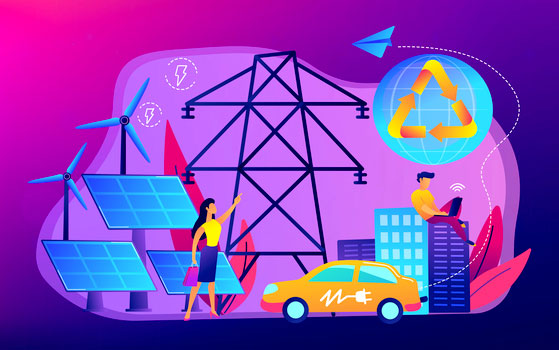
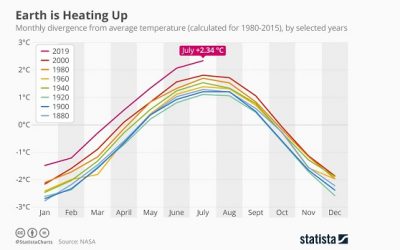


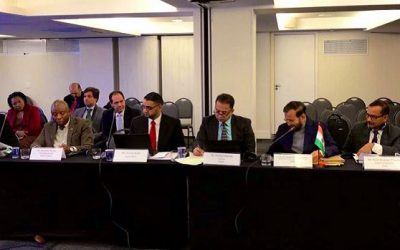

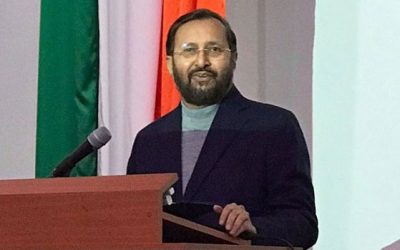
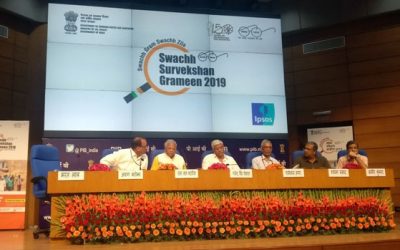
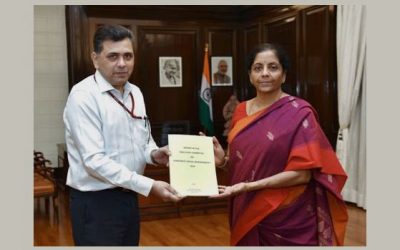
0 Comments